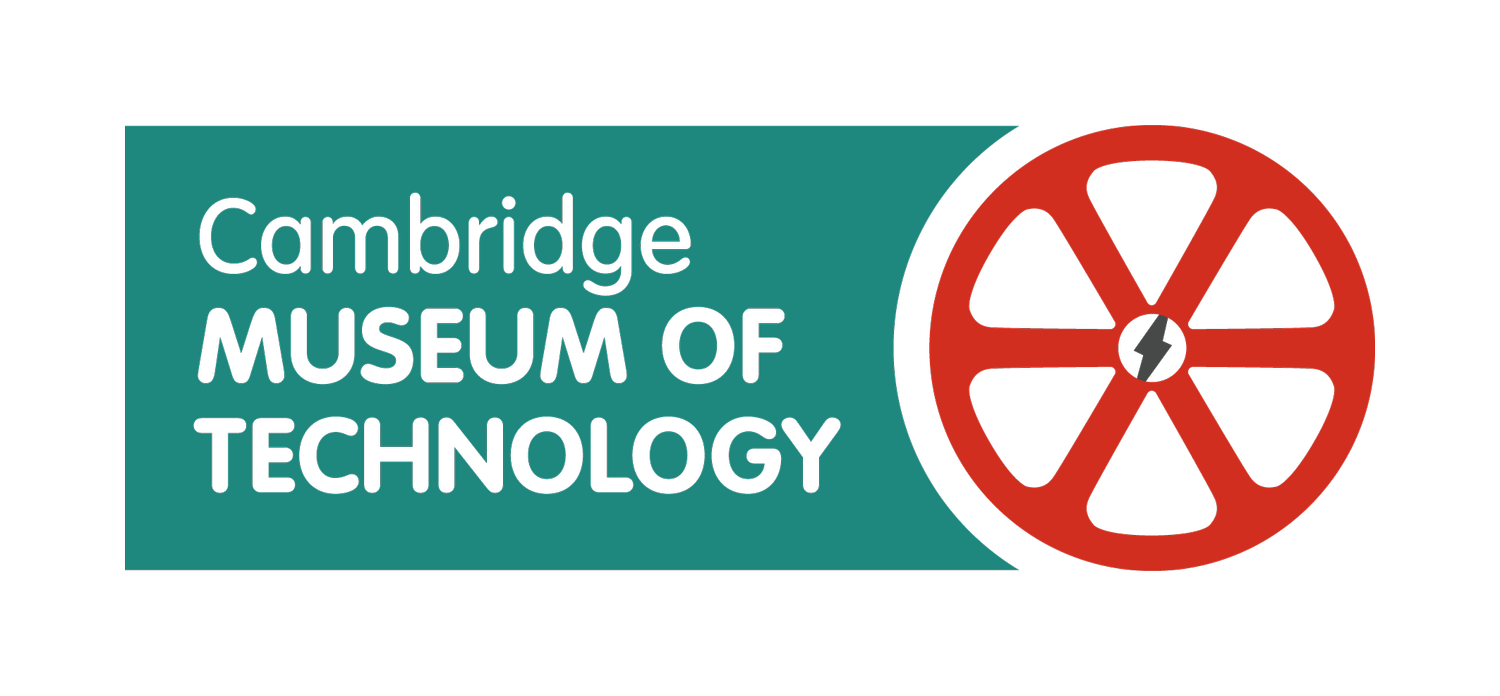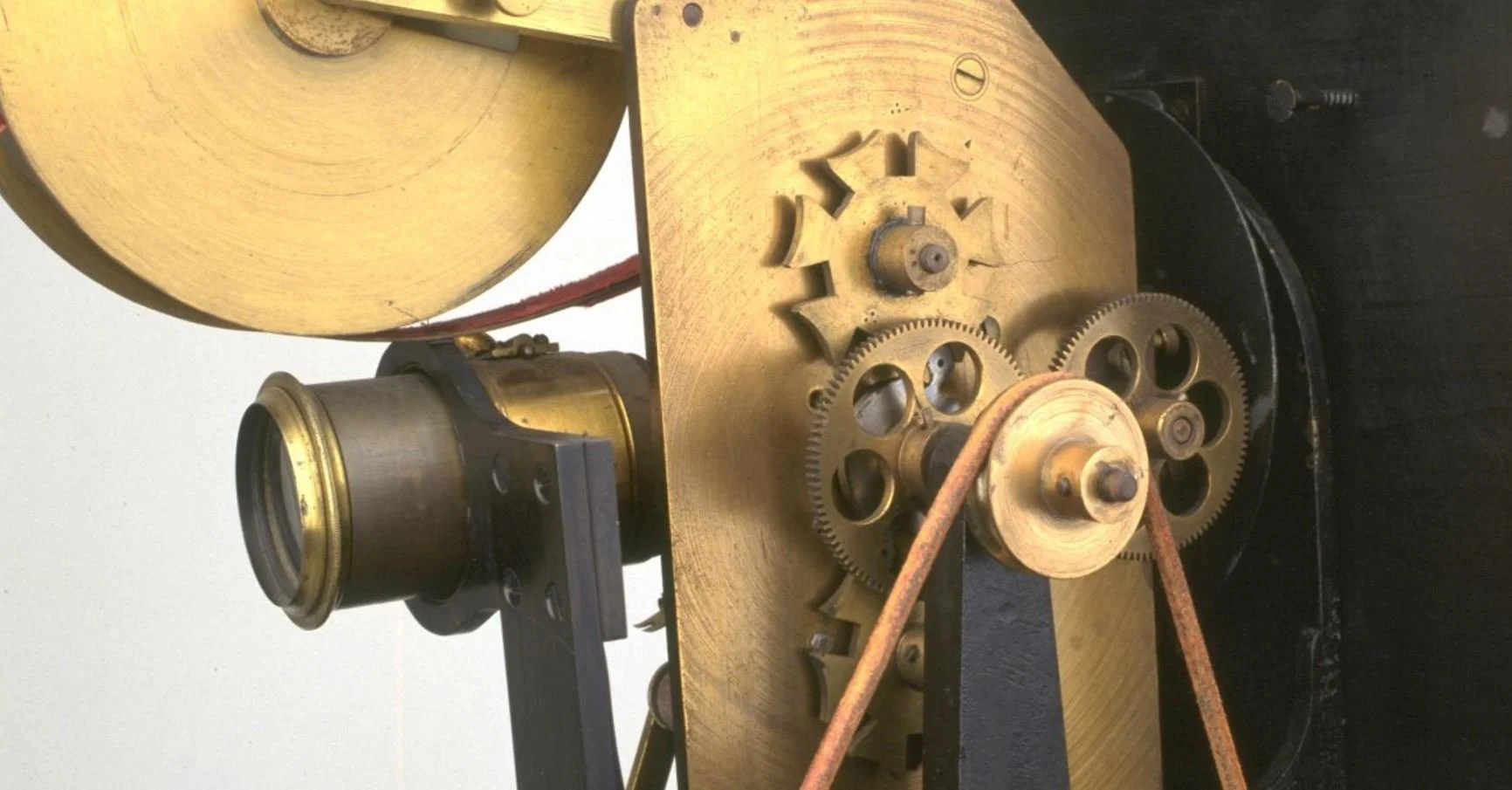With just over a week to go until our Cambridge Festival event focusing on the work of Robert Paul, Beth Darbyshire, an Audiovisual Archivist, tells us a bit more about this unsung hero of the cinema.
Robert Paul was an inventor of scientific instruments and a pioneer of early British cinema.
Rising to prominence between 1896 and 1900, RW Paul became the most important figure in the newly emerging British film industry. He achieved many of cinema’s ‘firsts’, both solo and collaboratively (notably with Birt Acres and Walter Booth). At a time when there was worldwide fury to be at the forefront of cinema’s new technologies, Paul was the first to be an exhibitor, supplier and producer. He was the first to use a “two-shot” in his films, a shot that shows two subjects in the same frame, allowing for a visible emotional reaction between the two characters. He was the first to use intertitles and made the first presentation of a film with colour and created Britain’s first true fiction film. Paul invented the Theatrograph, Britain's first cinematic projector. The commercial success of this projector only added to his acclaim and allowed his early film contemporaries, like Georges Méliès, to further their film making ambitions when Lumière projectors became hard to acquire. After building Britain’s first film studio, Paul’s productions were at the cutting edge of early special effects.
To say Paul was prolific is an understatement. In his 14 year career, Paul created 779 films. Then in 1910, as commercial enterprises for motion picture were saturating the world, he sold all his interests in the business,
Paul returned to the engineering profession, establishing The Robert W. Paul Instrument Company. His scientific instruments were lauded, winning medals at the St. Louis Exposition in 1904 and the Brussels Exhibition in 1910. Paul’s most successful instrument, the Unipivot Galvanometer, remained in production for over 50 years. The device was used to detect and measure electrical current. Several examples can be found in the collections of Cambridge Museum of Technology and The Whipple Museum.
Paul’s firm partnered with Cambridge Scientific Instrument Company in 1895, becoming The Cambridge and Paul Instrument Company (later abbreviated to Cambridge Instrument Company Ltd.). The companies’ combined histories has had a pivotal role in the collections of Cambridge Museum of Technology and Cambridge’s rich industrial history.
Join us on 2nd April at 2pm for an afternoon programme of film and discussion about the extraordinary legacy of Robert Paul. Professor Ian Christie of University of London and Dr Joshua Nall from The Whipple Museum will discuss Paul’s work in the realms of science and cinema. Though his work has been largely forgotten, this event seeks to give Paul the attention he rightly deserves.
Professor Ian Christie, notable RW Paul expert, is a film historian, curator and Anniversary Professor of Film and Media History at Birkbeck College, University of London. He is the author of 'Robert Paul and the Origins of British Cinema' (2019). Christie will be talking about Paul’s extensive cinematic output and screening some of his films. Dr Joshua Nall, Curator of Modern Sciences at the Whipple Museum of the History of Science, will discuss Paul's work as an instrument maker and his business relationship with Robert Whipple.
To buy tickets, click here

